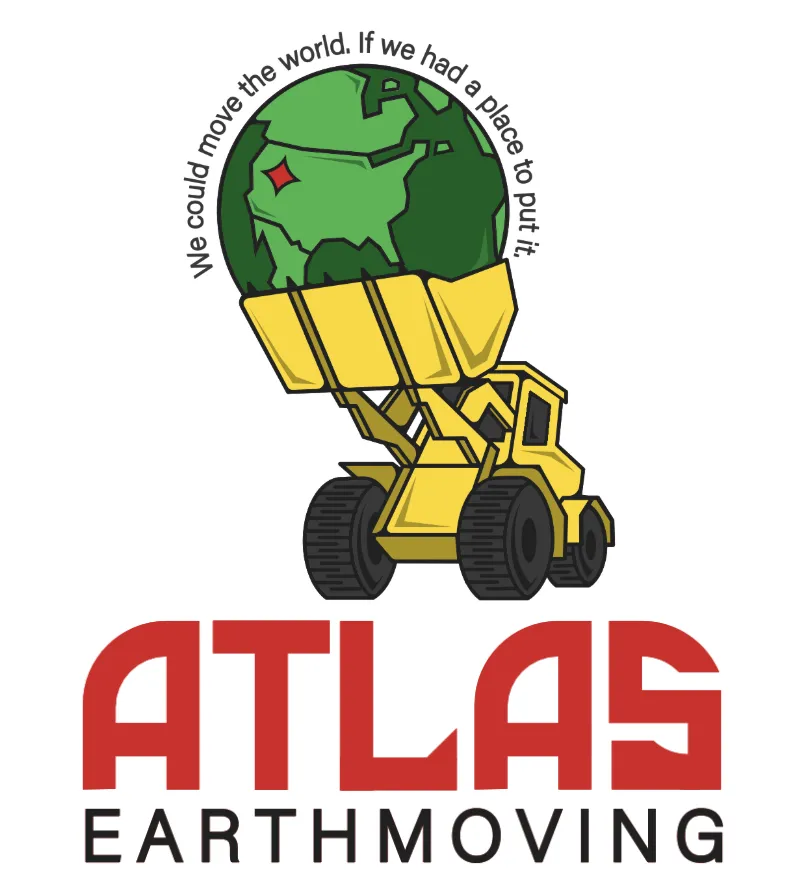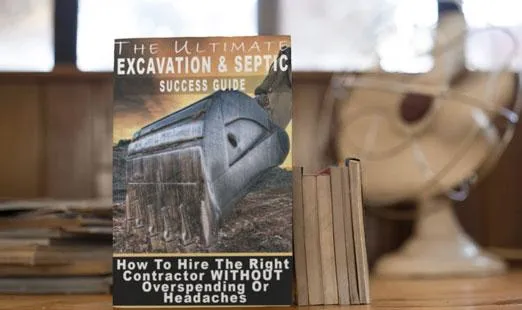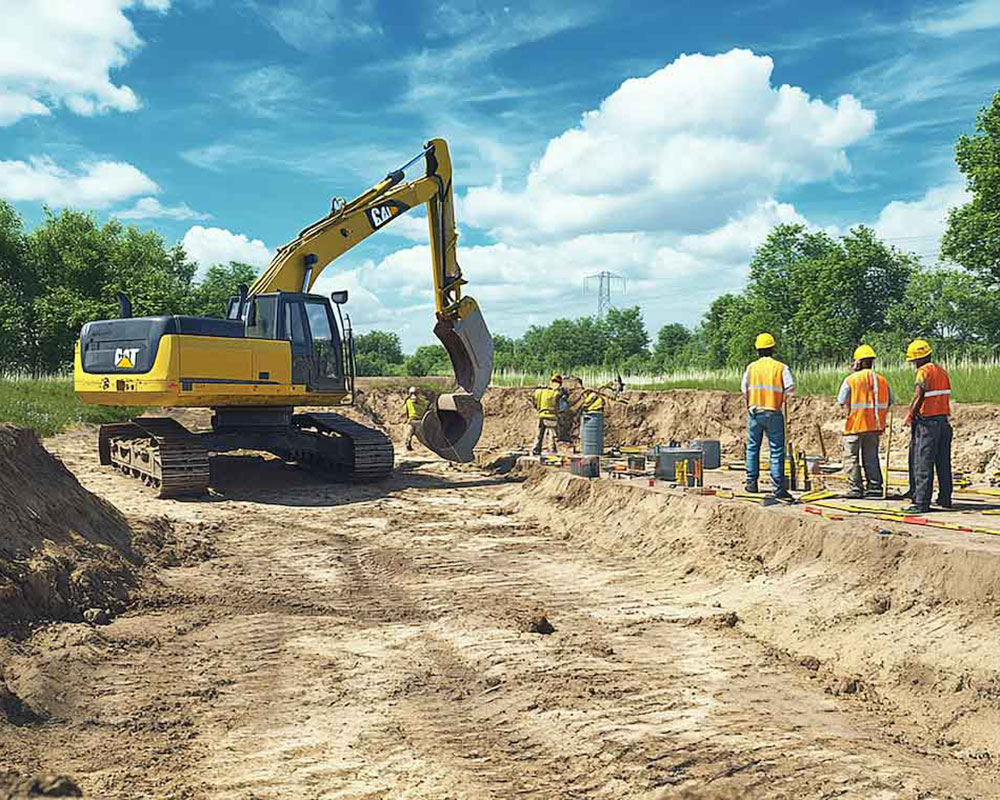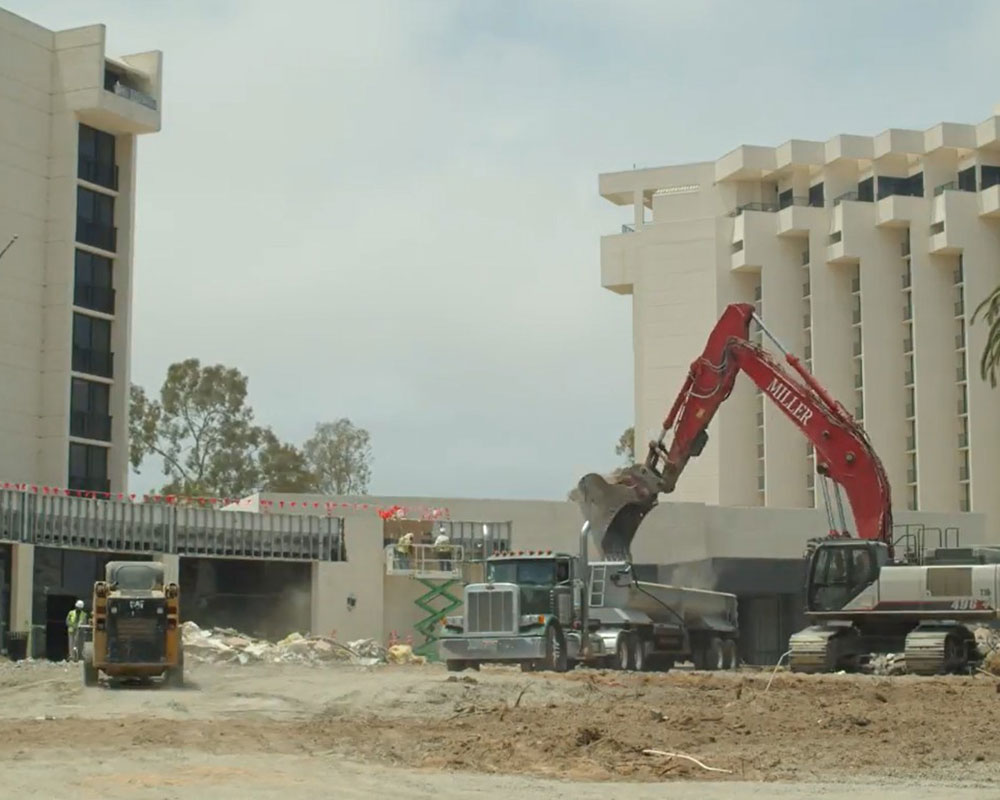
Serving Idaho Counties: Ada, Elmore, Boise, Gem and Owyhee
Site Preparation near Ada County, Idaho
Atlas Earth Moving is Committed to superior quality and results!

AVOID COSTLY MISTAKES:
Do NOT hire an excavating contractor without first reading our free guide:
The ULTIMATE Excavation & Septic "Success Guide."

Site Preparation near Ada County: What It Really Means
If you own land in Ada County—Boise, Meridian, Eagle, Kuna, or Star—you’ve probably heard that “site prep” can make or break a project. Site preparation sets the stage before foundations, utilities, or landscaping ever begin. The goal is simple: create a safe, stable, code-compliant surface that drains properly and handles Idaho’s freeze–thaw cycles. Done right, it lowers risk, reduces surprise costs, and keeps your schedule on track.
How Can We Help?


What Site Preparation near Ada County, Idaho, Typically Includes
Every property is different, but most projects follow a similar sequence. First, the site is evaluated for access, slopes, soil type, vegetation, water movement, and any protected areas. Then, a plan is built around your structure’s footprint and the required setbacks for Ada County and nearby municipalities. Clearing and grubbing removes trees, brush, and stumps. Rough grading shapes the land to target elevations. Erosion controls—silt fencing, wattles, and inlet protection—keep sediment on site.
Next comes drainage. Swales, French drains, and culverts direct runoff away from buildings and driveways. In low areas, engineered fill may be compacted in thin lifts to reach design grade. Utility trenching brings in water, sewer or septic, power, gas, and communications with proper depth and separation. Construction entrances limit mud tracking, and temporary access roads prevent ruts. Finally, fine grading prepares pads, drive lanes, and lawn areas for base rock, concrete, asphalt, or seed.
The Benefits of Professional Site Preparation near Ada County
A well-prepared site is like a good blueprint: it saves money in ways you can’t always see at first. Proper grading and drainage protect foundations, basements, and slabs from water damage—especially during spring snowmelt or intense summer storms. Correct compaction supports heavy loads and reduces settlement that can crack concrete and misalign doors. Smart access planning prevents heavy equipment from chewing up finished areas later. Permitting-friendly documentation keeps inspectors satisfied and avoids rework.
There’s also a schedule advantage. When crews arrive to set forms, run utilities, or pour concrete, they work faster on a clean, organized, level surface. That means fewer return trips and fewer change orders. Bonus: thoughtful erosion control helps you stay neighbor-friendly by keeping silt off public roads and out of nearby streams.
The Benefits of Hiring a Site Preparation Specialist near Ada County
Hiring local matters. A contractor who works daily in Ada County understands hillside restrictions in the Boise Foothills, floodplain considerations along the Boise River, and subdivision rules in Meridian or Eagle. They know typical soil profiles, from compact gravels to silty clays, and how they behave when wet or frozen. That local insight means better equipment choices, smarter haul routes, and more accurate estimates.
A dedicated site-prep professional also coordinates with surveyors, engineers, and utility providers. They read plans, verify grades, and keep everyone synced. With one accountable lead managing clearing, grading, drainage, and trenching, you avoid gaps where responsibilities fall through the cracks. The result is cleaner paperwork, cleaner work zones, and fewer mid-project surprises.
Budget and Timeline Expectations for Site Preparation near Ada County, Idaho
Costs vary by lot size, access, tree density, soil behavior, and how much import or export is required. A flat, cleared suburban infill may need light grading and erosion controls, while a hillside parcel with poor subgrade may require over-excavation, engineered fill, and retaining. Ask for a line-item estimate that separates clearing, grading, drainage, trenching, rock base, and haul fees. For timelines, many residential lots complete basic prep in days to a few weeks, depending on weather, inspections, and crew availability.
See Our Excavation & Septic Services

✔️ Residential Excavation
✔️ Swimming pool excavation
✔️ Basement excavation
✔️Residential Sewer And Water Replacement
✔️Residential Septic Installation And Repair
✔️Concrete Preparation
✔️Small Commercial Site-Work
✔️Residential Gravel And Sight Work
✔️ Demolition
✔️ Large pond Construction
✔️ Small Pond Construction
✔️ Dozer work
✔️ Septic inspections
✔️ Trenching
✔️ Utilities Trenching
✔️ Foundation Repairs
Quality Services Launched FAST!

✔️ Septic system pumping
✔️ Septic installs traditional systems
✔️ Septic tanks - aerobic systems
✔️ Septic tanks - Plastic/poly
✔️ Septic tanks - Concrete
✔️ Drain field replacement
✔️ Grading, lot clearing
✔️ French Drains
✔️ Retaining walls
✔️ Sewer repairs
✔️ Drainage systems
✔️ Full site preparation
What Are You Waiting For?
How to Hire for Site Preparation near Ada County, Idaho
Define the scope. List your structure locations, driveway paths, and any outbuildings or retaining walls. Share soils reports, preliminary surveys, and architectural plans. If you’re rural, note whether you’ll use a well and septic or public utilities.
Request local references. Look for projects in Boise, Kuna, Star, or unincorporated Ada County with similar slope, soil, or access challenges. Ask how the contractor handled drainage and inspections.
Compare apples to apples. Ask each bidder to include clearing, grubbing, erosion control, rough and fine grading, compaction specs, drainage features, utility trenching, and haul-off or import quantities.
Verify compliance. Confirm licensing as required, insurance, and familiarity with Ada County permitting. Ask how they’ll protect adjacent properties and control stormwater.
Align on communication. Decide who will stake grades, who calls for inspections, and how change orders are documented. Request weekly updates with site photos and daily logs during critical phases.
Confirm schedule and weather contingencies. Idaho’s shoulder seasons can be muddy. Understand how the team sequences work to keep access passable and materials dry.
Readiness Checklist Before Breaking Ground
Survey and benchmarks set, with property corners verified
Soils report reviewed and recommendations integrated into the plan
Permits and erosion controls approved and staged
Access route established with the construction entrance rock
Clearing limits marked; trees to preserve clearly protected
Cut/fill plan confirmed, including stockpile and spoil locations
Drainage features designed: swales, culverts, French drains, and discharge points
Utility plan verified with locates and trench separation standards
Compaction requirements and testing schedule agreed upon
Safety plan in place, including trenching and excavation procedures
Why Good Enough Isn’t Enough
Skipping steps in site preparation often pushes problems into the future—onto your foundation, your driveway, or your landscaping budget. Water that isn’t managed will find a way in. Soils that aren’t compacted will settle. Access that isn’t planned will rut. Investing in thorough, locally informed prep lowers lifetime costs and sets up every trade that follows to succeed. In other words, spend wisely now to avoid spending painfully later. And that’s the smart move throughout Ada County.
Hours: Mon-Sun 7AM-8PM
Extended hours by appointment only.
Address: 7109 W Northview St, Boise, Idaho 83704
All rights reserved | Client Support Area
Facebook